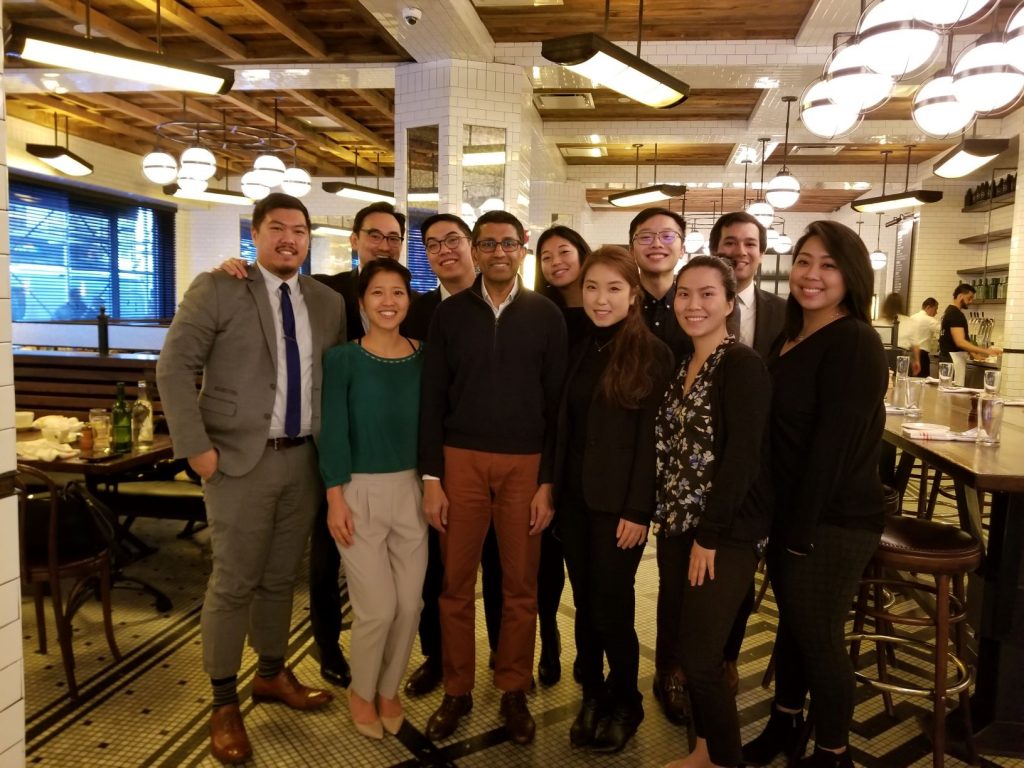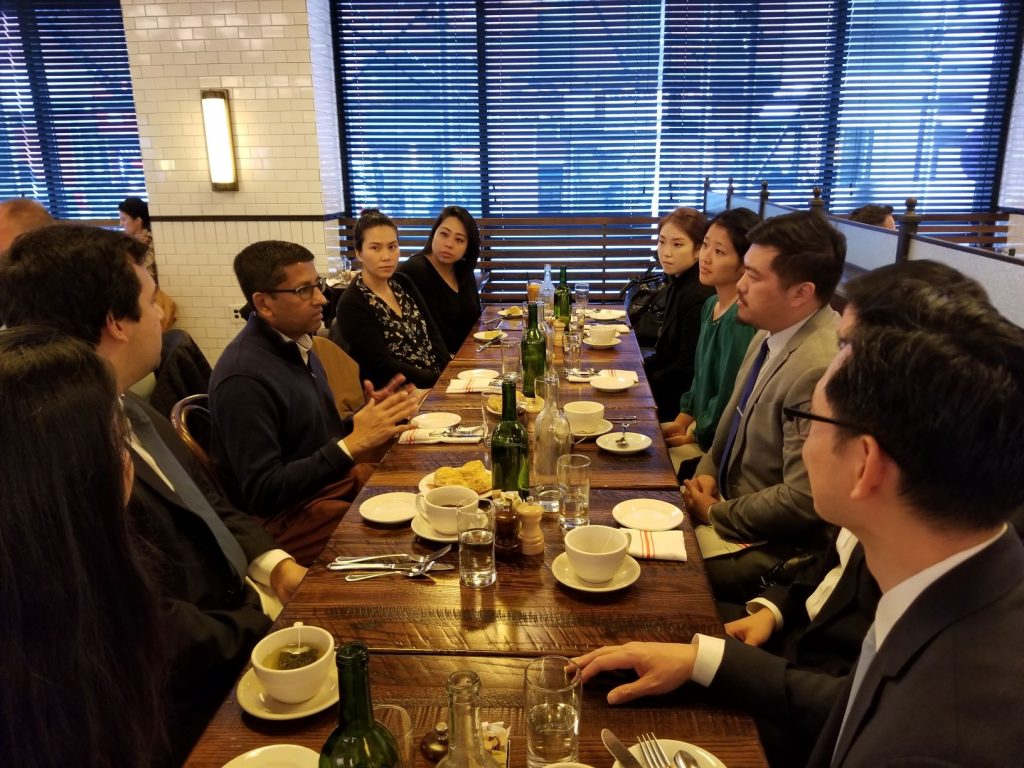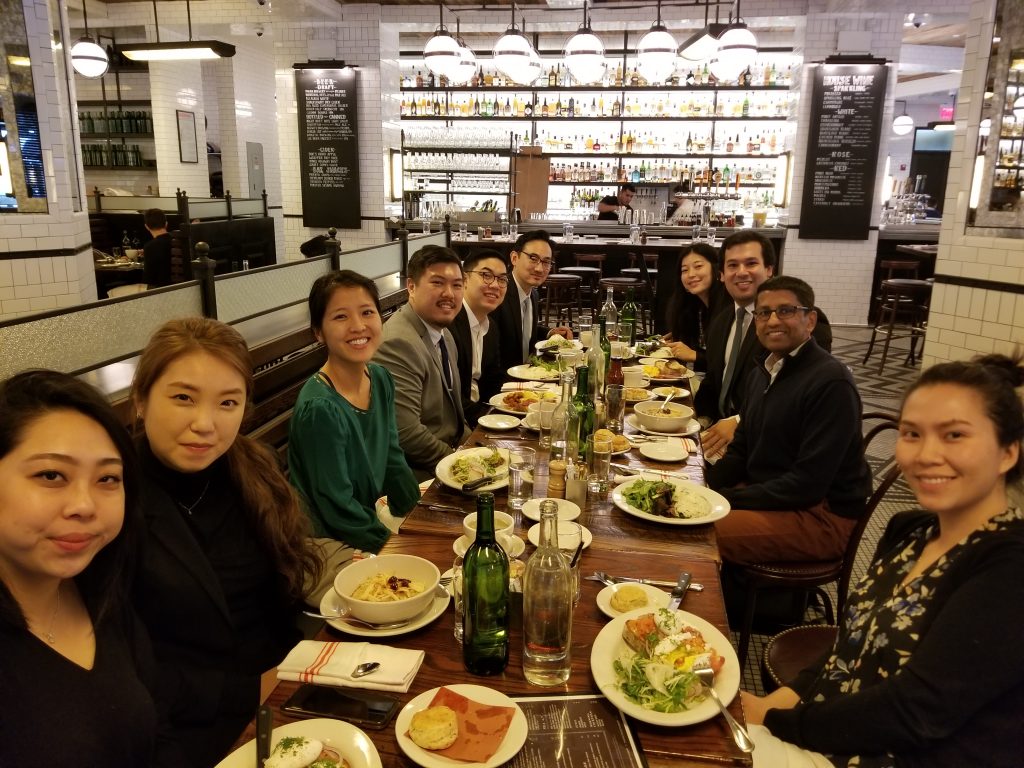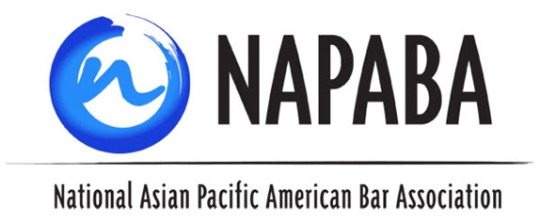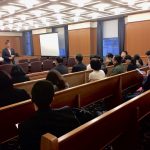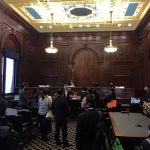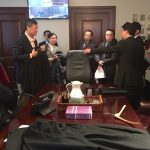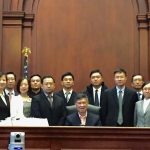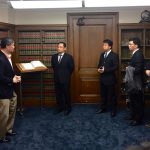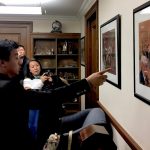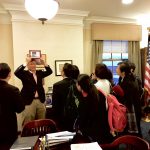
| For Immediate Release: Date: February 2, 2024 | Contact: Rahat N. Babar, Deputy Executive Director for Policy |
WASHINGTON – In the ongoing litigation against Florida’s discriminatory alien land law (“SB 264”), the United States Court of Appeals for the Eleventh Circuit granted a preliminary injunction yesterday in favor of two of the plaintiffs and halted enforcement of the law against them. In temporarily blocking SB 264, the court held that the plaintiffs demonstrated a substantial likelihood that the statute is preempted by federal law and that they have shown an imminent risk that the law would cause them irreparable harm. The plaintiffs, lawfully present Chinese immigrants, first brought the suit because they were stymied in their efforts to purchase homes when the law went into effect.
“We are grateful that the court recognized the real harm that discriminatory statutes such as SB 264 are imposing on the Asian American community,” said Anna Mercado Clark, President of NAPABA. “As litigation continues, NAPABA will continue to oppose alien land laws, whether in the halls of Congress, in statehouses, or in court, until these discriminatory policies return to the dustbin of history, where they belong.”
In a robust concurrence, Judge Nancy Abudu acknowledged that “SB 264 was enacted for the specific purpose of targeting people of Chinese descent.” Judge Abudu concluded that the plaintiffs have shown a substantial likelihood that statute also violated the Equal Protection Clause of the United States Constitution. In doing so, Judge Abudu excoriated the District Court’s fraught reliance on the widely discredited century-old Terrace v. Thompson, 263 U.S. 197 (1923), case, determining that it “may have had support in 1923, but it is now 2024” and such laws are now subject to strict scrutiny.
NAPABA, together with its four Florida affiliates, joined an amicus brief before the Eleventh Circuit in the case, continuing our long history for over a decade of leading efforts to overcome the state’s legacy of anti-Asian alien land laws. This includes when Florida became the last state in the United States over five years ago to abolish such discriminatory language from its constitution, only to enact SB 264 last year. Throughout the country, NAPABA and its affiliates continue to fight these discriminatory measures through legislative advocacy and educating lawmakers and the wider public on the painful history and legal implications of wrongfully restricting the property rights of Asian American, Native Hawaiian, and Pacific Islander communities.
###
The National Asian Pacific American Bar Association (NAPABA) represents the interests of over 60,000 Asian Pacific American (APA) legal professionals and nearly 90 national, state, and local APA bar associations. NAPABA is a leader in addressing civil rights issues confronting Asian American, Native Hawaiian, and Pacific Islander communities. Through its national network, NAPABA provides a strong voice for increased diversity of the federal and state judiciaries, advocates for equal opportunity in the workplace, works to eliminate hate crimes and anti-immigrant sentiment, and promotes the professional development of people of all backgrounds in the legal profession.



